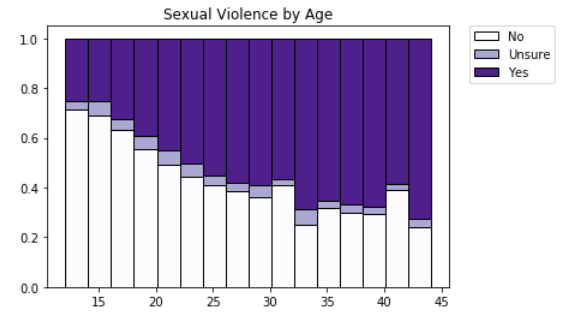[cn: sexual violence, including explicit references]
When I started out writing about sexual violence, I was confused about many of the terms surrounding it. I didn’t even know, until someone told me, that “sexual violence” was an all-encompassing term. So I’m writing a guide to terminology, of the kind I wish I had years ago. My aim is to go beyond a glossary, not just providing definitions but also commenting on connotations and practical usage.
Categories of sexual violence
Sexual violence – Sexual violence is a super-category that includes any sexual (or sexually charged) act that violates someone’s consent. That includes sexual assault, sexual coercion, sexual harassment, and child sexual abuse (all of which are to be defined later). Note that sexual violence is a term used by public health advocates and activists, not by the legal system; not all sexual violence is illegal.
In my experience, definitions of sexual violence can be confusing. For example, the NSVRC says sexual violence is when “someone forces or manipulates someone else into unwanted sexual activity without their consent,” and then proceeds to list examples which do not obviously fall under its own definition, such as spying on sexual acts. If you’re not sure whether to go with the explicit definition, or the list of examples, always go with the list, which has more consensus than the literal definition.
Sexual assault – Sexual assault is non-consensual sexual touching. Common examples include unwanted kissing, groping certain body parts, and rape. Sexual assault is also a legal term, although at least in the US, there is a distinction between assault (the threat of violence) and battery (the violence itself). Outside of legal contexts, “sexual assault” usually refers to what is legally called “sexual battery”.

